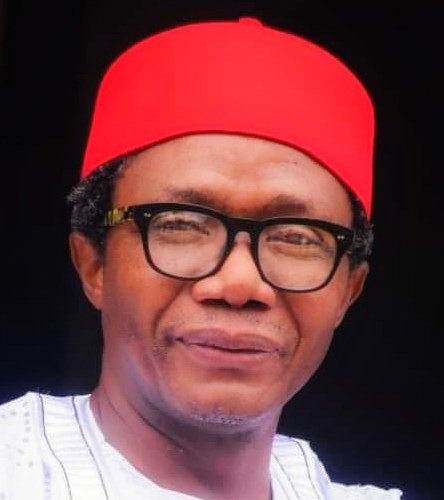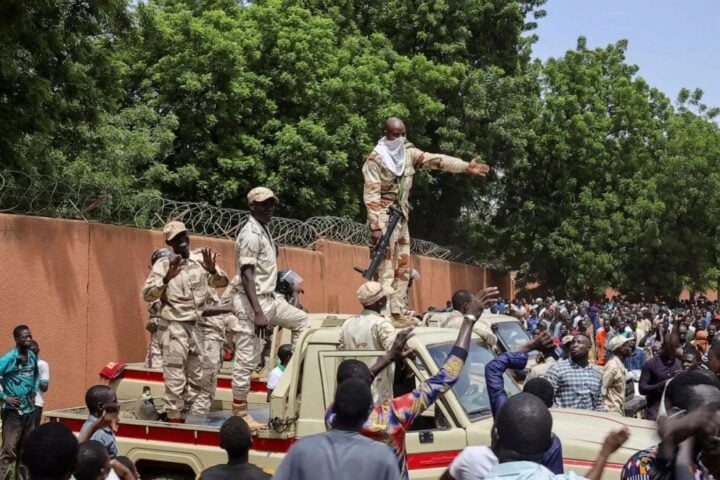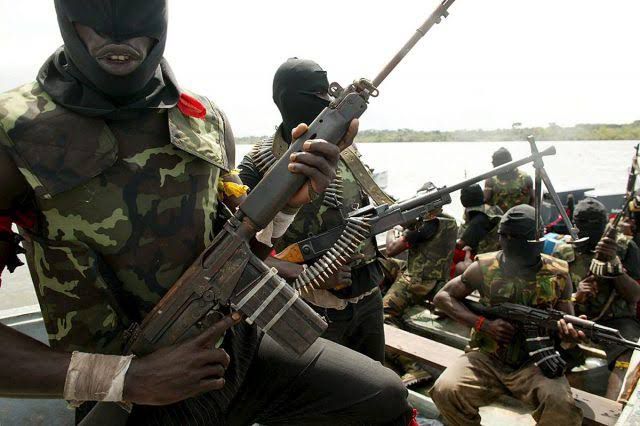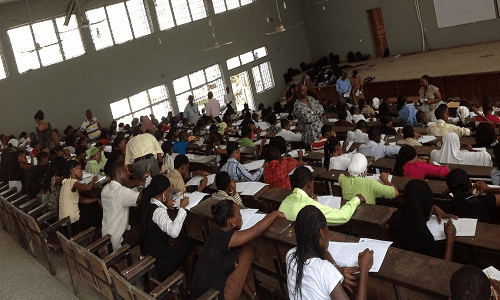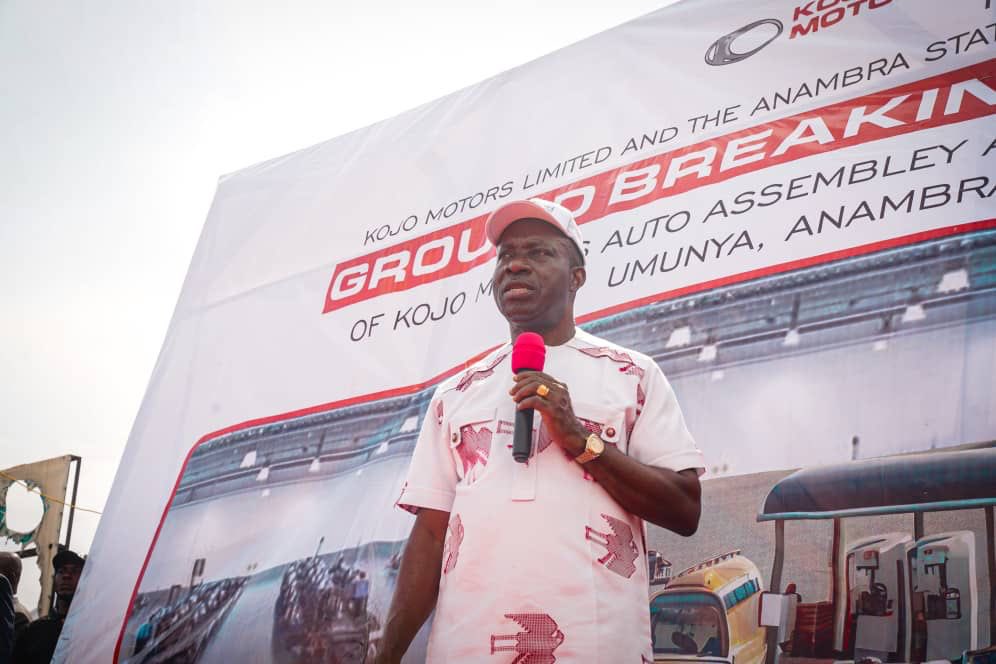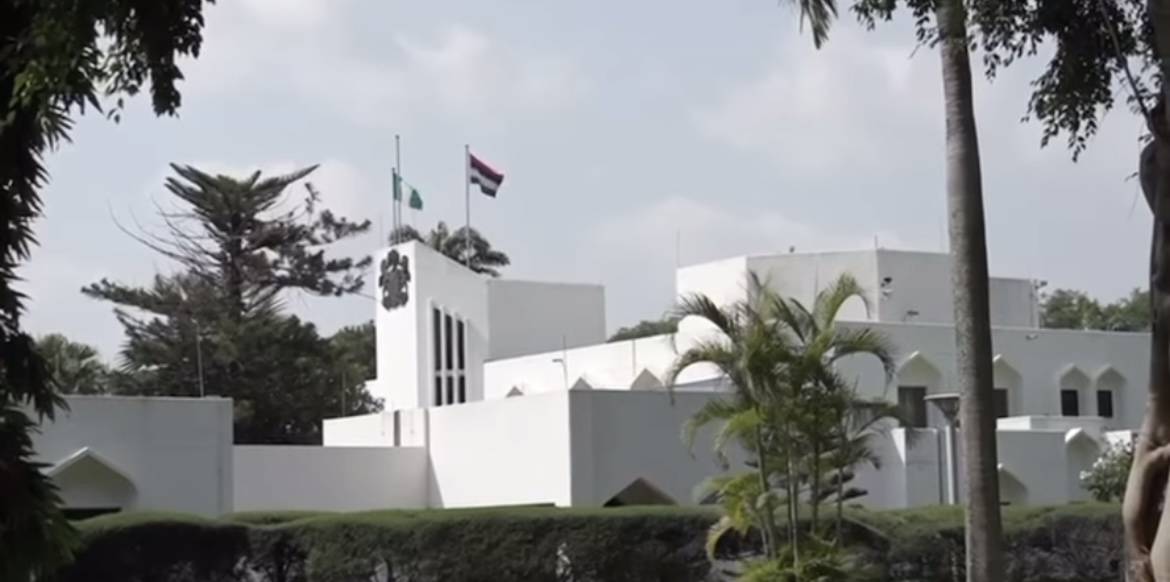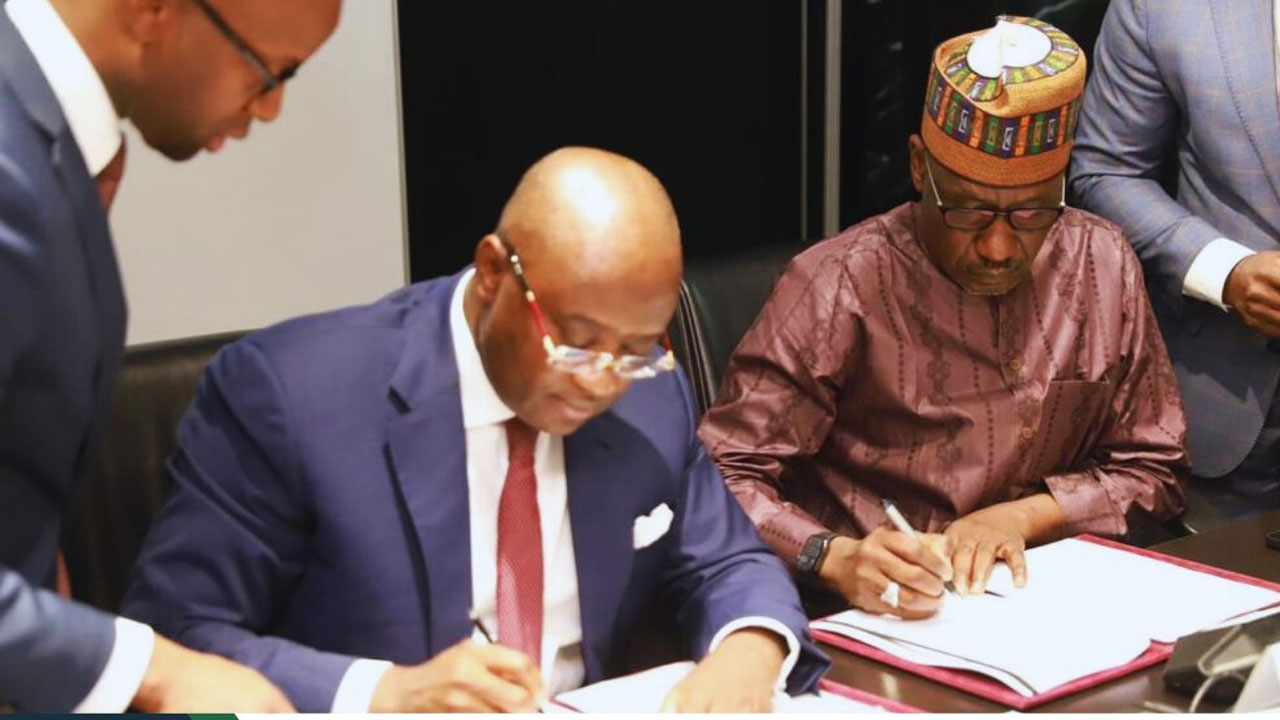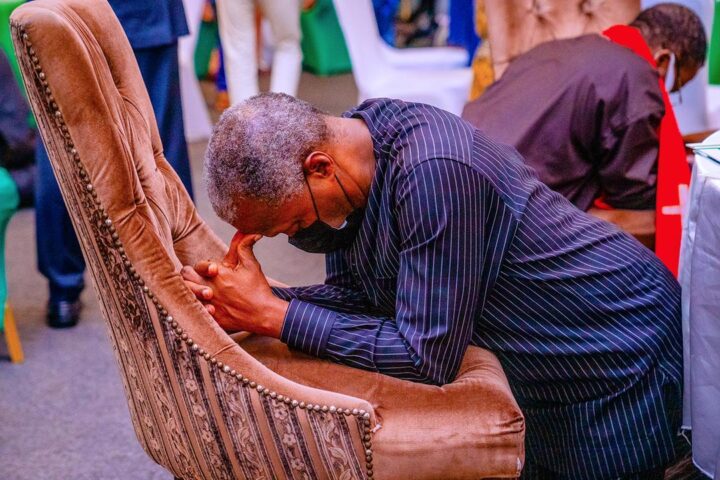A pro-democracy organisation called Save Democracy Group – West Africa (SDG–WA) recently issued a press statement alerting the public to the ongoing military takeovers that have occurred in West Africa and Africa since 2020, as well as the pressing necessity to preserve democracy in the West African sub-region.
In fact, since 2020, the military has overturned the governments of seven African countries: Mali, Chad, Guinea, Sudan, Burkina Faso, Niger, and Gabon and Guinea. A coup attempt was almost successful not so long ago in Sierra Leone, where numerous people are currently on trial for the incident and that country’s former president Ernest Bai Koroma just arrived in Nigeria for asylum for his alleged involvement.
SDG-WA also brought attention to the increasing percentage of Africans who said they would welcome military rule returning to their countries. These irate Africans, who saw coupists as their saviours, thought that military rule would be preferable to democracy in their nations. They justify it by saying that politicians have desecrated democracy. They are not wrong altogether.
This is concerning, to be sure, and raises the important question of why the military is returning to the continent. The response to that question must be given in all sincerity, or else those who fight to preserve democracy will have an uphill battle. We know from history that military intervention often occurs when there is a public outcry against poor governance, which typically serves as an open invitation to the armed forces.
Advertisement
Political leaders have also occasionally invited the military to settle grudges or bring a nation back that they believed was lost. Regardless, the crux of the matter is that African democracy’s shortcomings and lacklustre outcomes stem from the way it has been implemented, not from the nature of democracy as such.
Making a distinction between democracy and democracy in practice is crucial. This is significant because it’s common knowledge that democracy in Africa has failed to deliver development in most instances. These poor outcomes that people cite as evidence of democracy’s failure are in reality the product of abuse of democracy. Numerous nations across the world, including India, have demonstrated exceptional outcomes in their democratic practices. So, why can’t Africa?
It is essential to note that the population of India is four times larger and more diverse than that of Nigeria. Yet, India, unlike Nigeria and Africa, has answered all of its issues about nationhood, which is what is preventing Nigeria and Africa from progressing further in all areas of development.
Advertisement
Those concerned ought to be more interested in figuring out why democracy is failing throughout the continent and what needs to change for it to succeed. The success and advancement of democracy in several other nations indicate that there are still issues with African democracy that need to be resolved if the continent is to reap the benefits of it.
Democracy, for instance, is characterised by things like vote counting, free and fair elections, due process, and freedom of choice. Has this been the norm throughout Africa, with the possible exception of South Africa, Egypt, and to some extent Ghana and Liberia in the West African sub-region?
Nigeria has been a key player in ensuring that democracy functions throughout Africa. However, Nigeria has not been a good example of democratic practice since colonial times. Those in charge of election security, the electoral umpires, and others have all conspired to taint Nigerian elections with obvious anomalies, rigging, and violence in Nigeria. It is impossible to say that these heinous acts, which have marred Nigeria’s elections, are what democracy is all about. Politicians from Nigeria or other African countries fighting for state capture, introduced them to blight democracy on the continent.
Although West Africa has seen both military and civil rule, the sub-region is currently under pressure to return to total military rule despite the tragedies and glaring underdevelopment of the sub-region caused by military rule. There are compelling grounds opposing the push to reestablish military rule over the West African sub-region but such arguments must be reconciled against the underwhelming performance of democracy in Africa.
Advertisement
Naturally, Nigeria has to provide leadership for the stabilisation of West Africa, the advancement of democracy in the region, and the repulsion of military takeovers and coupists. Nigeria as a medium power has to guide West Africa by upholding democracy, peace, and stability across the sub-region.
Nigerian leaders needed to be reminded of the vital role that their country has played and should continue to play in Africa, a role that has subsequently been acknowledged by the United Nations and the African Union.
Nigeria has been in leadership of UN peacekeeping missions since the country’s colonial era and was instrumental in the overthrow of apartheid in South Africa and the establishment of democracy in the Boer nation. Nigeria was instrumental in the establishment and functioning of ECOWAS, an organisation whose primary goal is to safeguard democracy and protect constitutional governments in the sub-region. Nigeria also brought democracy back to Liberia and Sierra Leone and committed a large number of men and huge resources in the process.
Strangely, despite Nigeria’s struggles to keep democracy alive in West Africa, the country hasn’t exactly demonstrated how democracy can lead to progress. The argument made by those who are advocating for the preservation of democracy need to understand that democracy without development is useless. If democracy just brings impunity, corruption, insecurity, and underdevelopment, then what good is it? Every African political leader needs to respond to this question.
Advertisement
Military control is inherently authoritarian, which lends credence to the saying that “the worst form of democracy is better than the best form of military rule.” However, democracy must guarantee good governance and bring prosperity and happiness to a larger number of people to be justifiable. Except in a few isolated instances, this has not been the case throughout Africa.
No doubt, democracy will prevail despite its challenges because it offers peace and stability, but it has to be properly operated. Democracy is currently thought to be the best form of government in the world, and for good reason. Democratic societies, among other things, protect free expression, enforce the rule of law, establish stable political regimes and terms of office, conduct free and fair elections, and support press and media independence.
Advertisement
Using Nigeria as an example, the sub-region has suffered severely from military rule. The diverse military regimes had a disastrous effect on the economies of African countries. Since human life is the most valuable resource in the world, any system that endangers or ignores it should be abolished since it is evil and harmful. This is a summary of the advantages of democratic rule over military control; nevertheless, democracy also has to bring about growth and good governance for democracy to be worthwhile.
The use of military force to maintain law and order results in the dehumanisation and depersonalisation of civilians. The military will never treat civilian equivalents as equals and despise them, calling them “Bloody civilians.” As a result, no one ought to court a system that holds citizens as subhuman.
Advertisement
The consolidation of power in the hands of one individual has always been harmful throughout human history; the Nigerian example is scarcely exceptional in this regard. No human being is deserving of absolute control over the rights and lives of citizens, let alone the authority of a state. Military rule is unaccountable, arbitrary, brutal, and severe.
Nigeria, the propeller in both the financial and non-financial spheres in ECOWAS, is already fulfilling this significant role of keeping the military at bay on the ECOWAS platform. However, a lot more vigorous work needs to be done in this regard. Nigeria, the most populous nation of African origin globally, should take a cue from the United States’ Good Neighbour Policy and be more proactive.
Advertisement
In summary, to advance democracy and stability in the sub-region, Nigeria must insist on democracy and help fix terms or terms for the presidents of the member nations. The African people have to choose their leaders and representatives through free, fair, and credible elections, and demonstrate the same in Nigerian elections.
Nigeria has to guide West Africa in opposing the presidents of the subcontinent who wish to amend their countries’ constitutions to extend their terms in office.
Luckily, ECOWAS is currently led by Nigerian President Bola Ahmed Tinubu. He has to take the lead in the task of resetting the sub-regional organisation. To prevent the military from returning to West Africa or even Africa, he is in a position to put the necessary frameworks in place and set an ambitious agenda that would reposition the West African sub-region to assure good governance and the delivery of democracy dividends. If these are not done, military intervention will continue to be seen by many as only necessary.
Dr. Law Mefor, an Abuja-based forensic and social psychologist, is a fellow of The Abuja School of Social and Political Thoughts. He can be reached via [email protected]; Twitter: @Drlawsonmefor.
Views expressed by contributors are strictly personal and not of TheCable.
